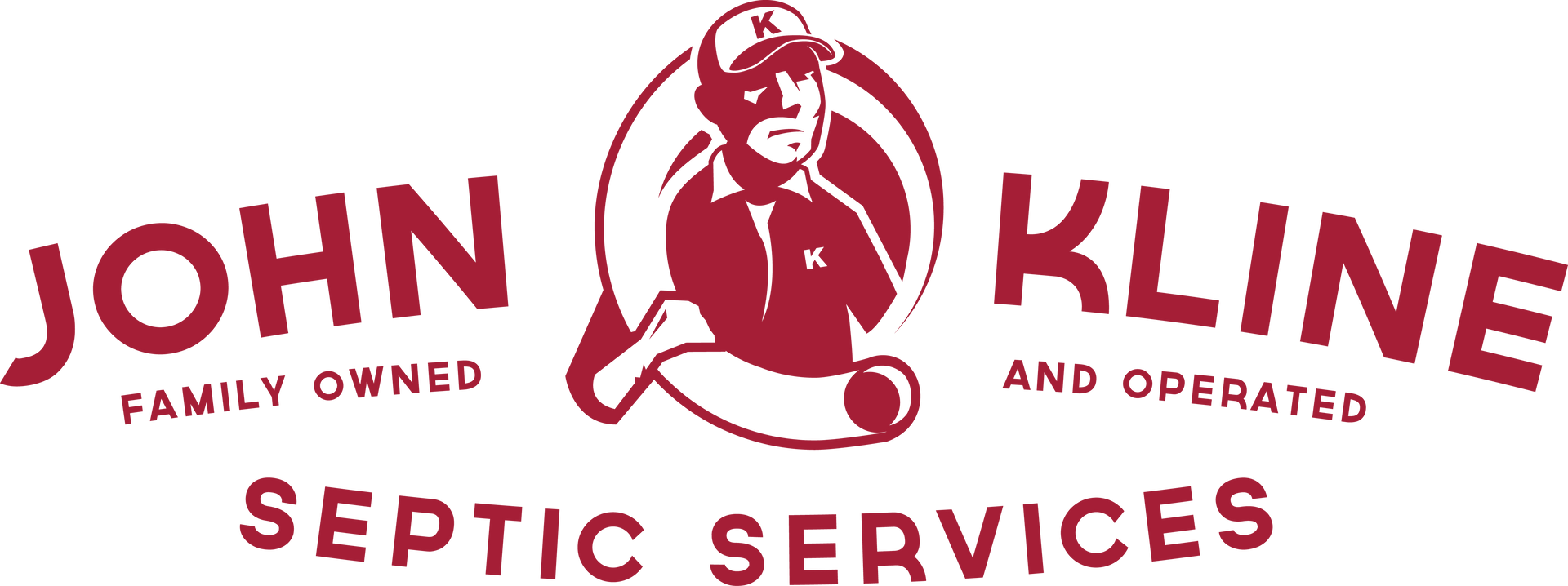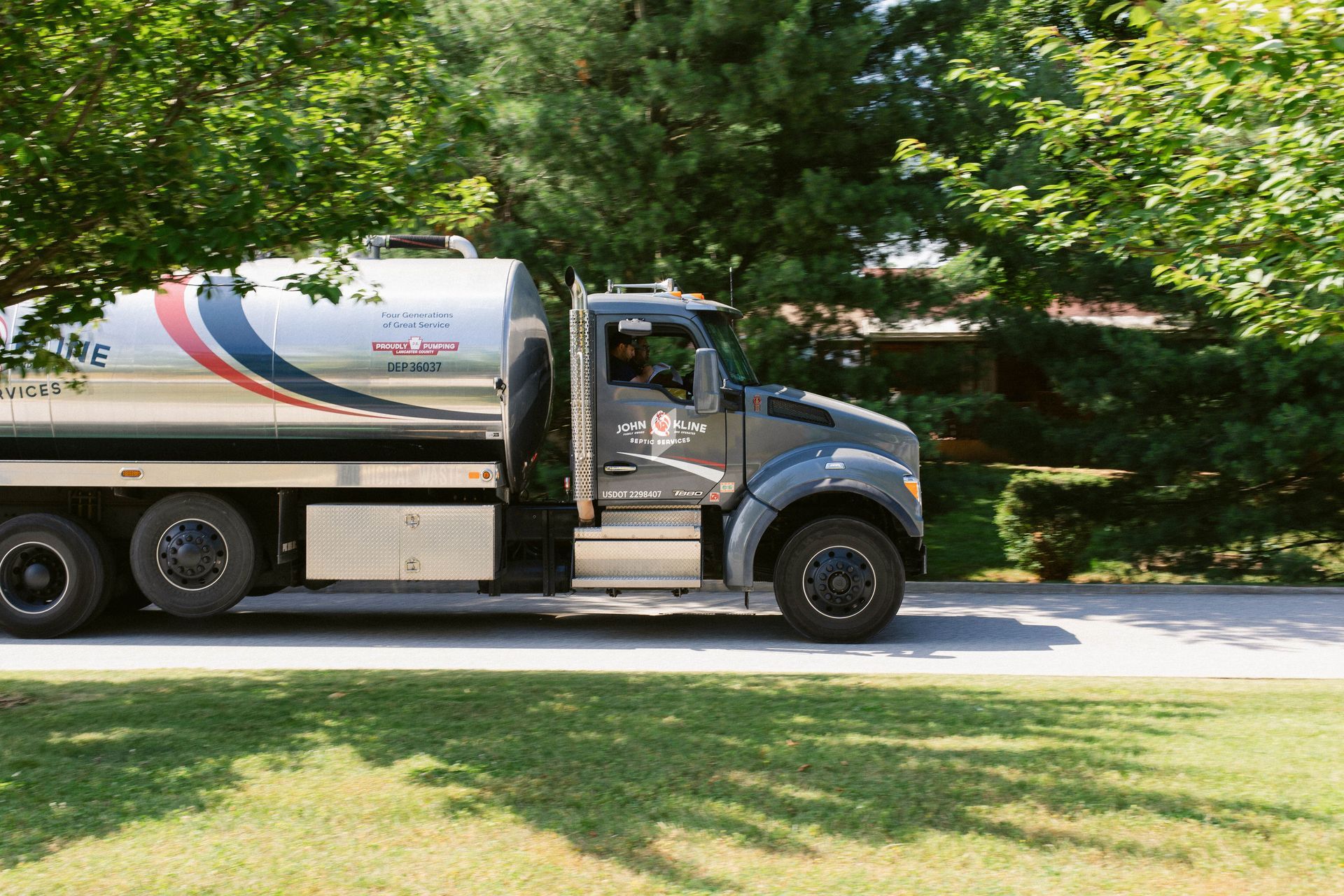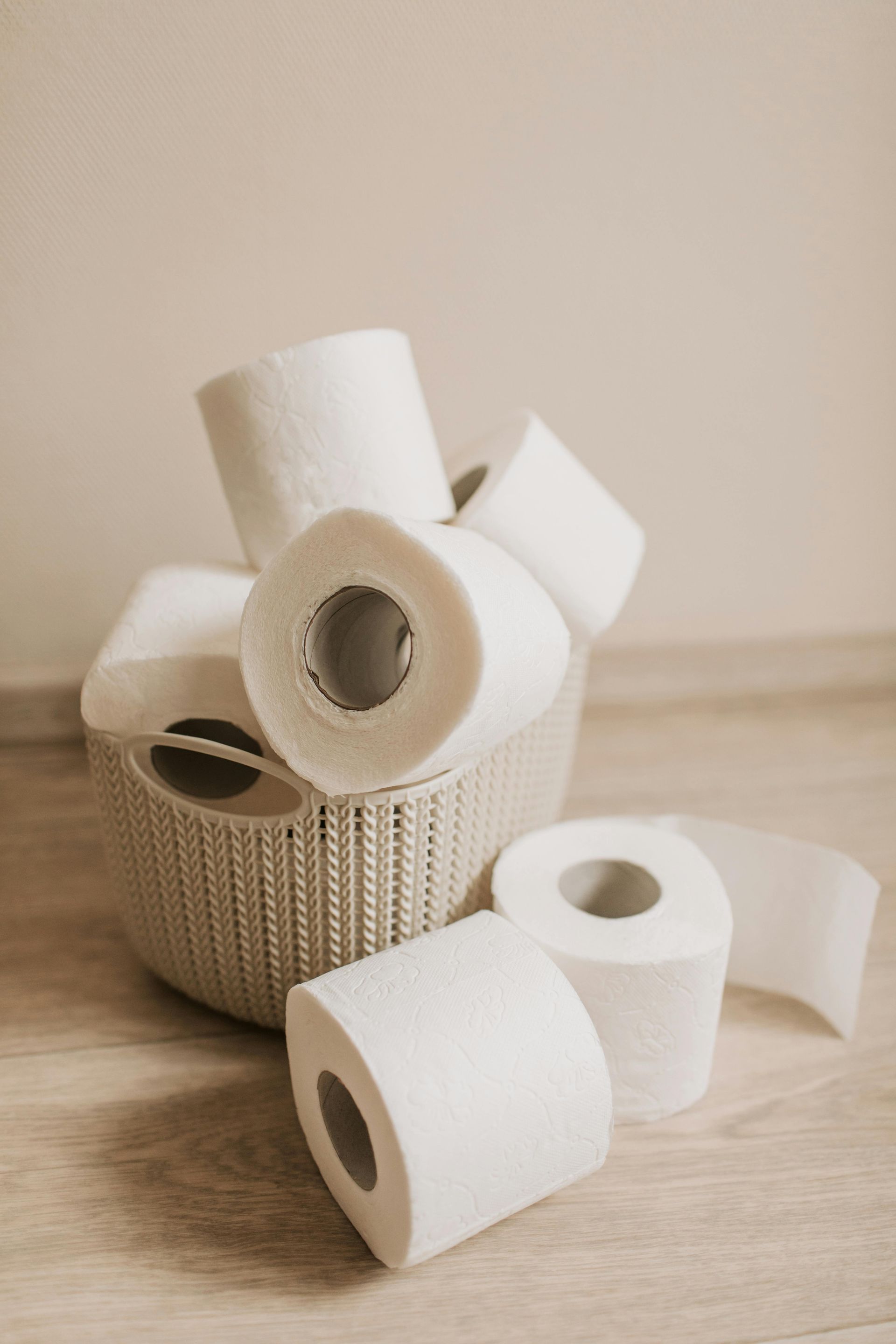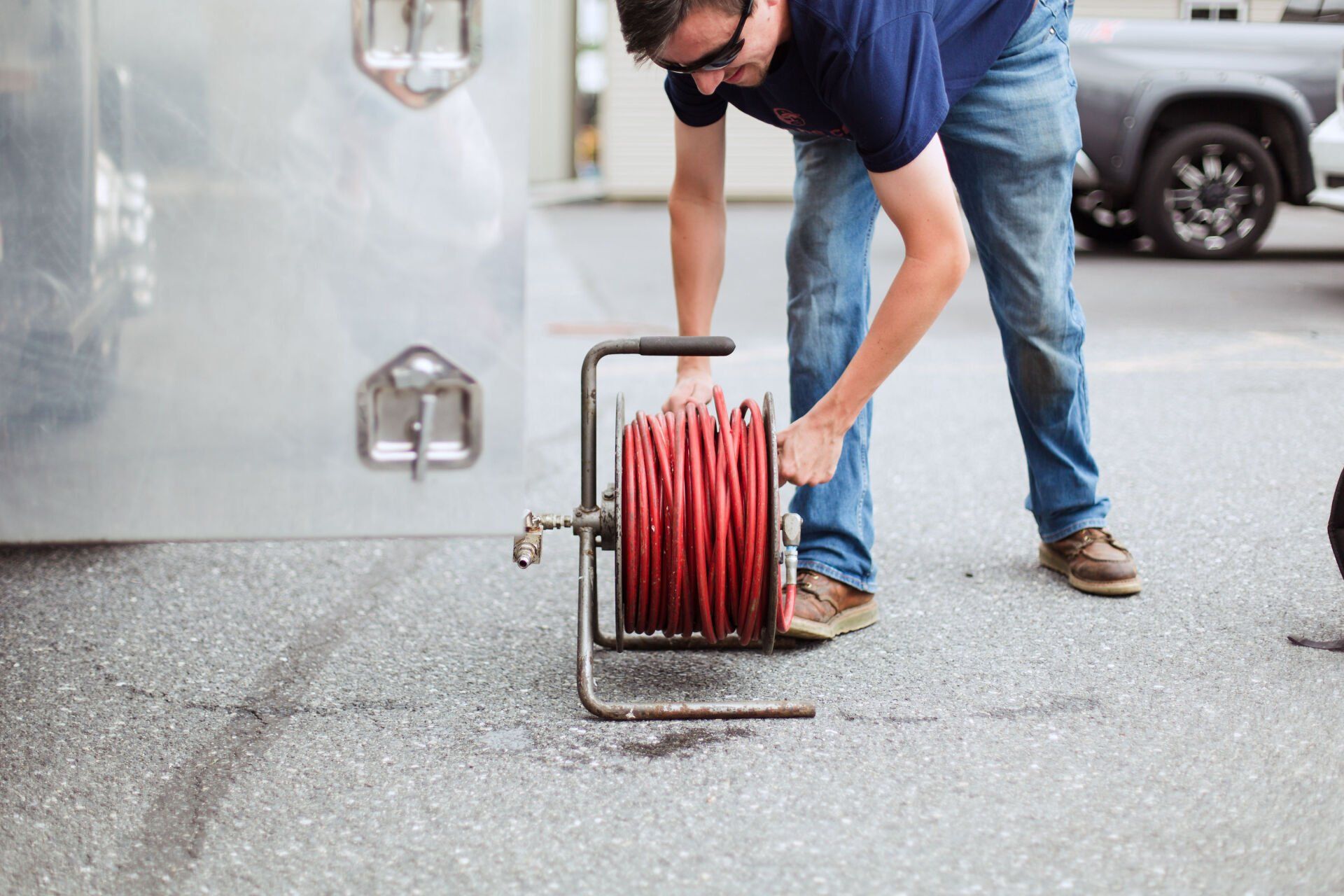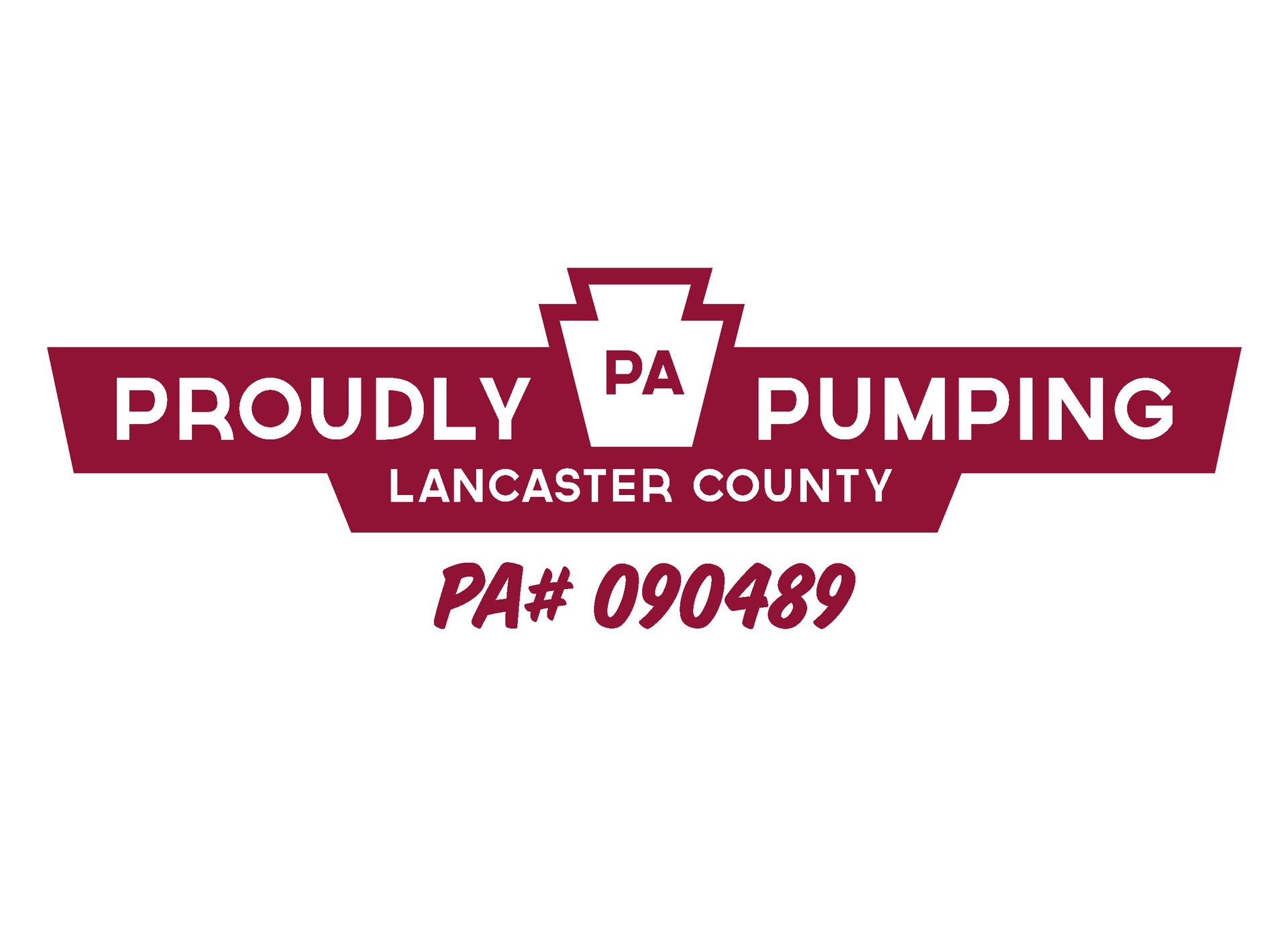Water Softeners and Septic Systems - What You Need to Know
If you're considering a water softener or water treatment system, take note.
For many Lancaster, Pa homeowners, water softeners may seem like a good way to ensure the health and cleanliness of your water. Water softeners lessen the hardness of tap water with the use of salt, which causes an ion exchange. While the water might be softer on your digestive system and better for your hair, the effects of its production can be hard on your septic system.
Water softening sends excess amounts of salt into the septic tank, which can disrupt the septic system's process of soil dispersal. Even worse, water softeners rapidly release hundreds of excess gallons of water into a septic system. In doing so, a water softener can overload your tank and push impure hardened particles into the drainfield. To understand things better, let's break down how a septic system works.
How Your Septic System Works
In a septic system, solid waste settles to the bottom, while scum rises to the top. The excess liquid is pushed out into the drainfield where it filters back into the ground. Inside the tank, bacteria break down the solids but over time the tank fills up and requires pumping.
The separation and settling of solids to the bottom of your tank, allows the liquid on top to filter back into your drainfield slowly. A water softener can disrupt this settling process and quickly push solids and hardened particles out into the drainfield, causing serious damage to the bacteria levels in your tank, and your drainfield's ability to properly filter waste on the outside.
Your septic tank and drainfield can only handle so much water at a time, so it’s important to conserve water when you have a septic system. The two biggest water users in your home are your shower and your washing machine so try spacing out your water usage when possible. We also recommend installing low flow or high efficiency toilets and shower heads.
Most of the manufacturers of advanced wastewater treatment systems have clauses in their warranties voiding the warranty if water softener backwash brine is discharged to the treatment system. If you choose to use a water softening system in a house connected to a septic system it's best to contact a plumbing professional to discuss different drain–routing options. This simple, inexpensive measure can prevent septic tank and treatment system failure and keeps the warranty in effect.
We've been in the septic business for 60+ years, so when it comes to best practices, we know a thing or two. Out of sight, out of mind is never a good practice when it comes to your septic system. If you plan to install a water softener or treatment system, don't cut corners, and if you have questions, give us a call. We offer 24/7 septic service in Central Pa and we're happy to help!
